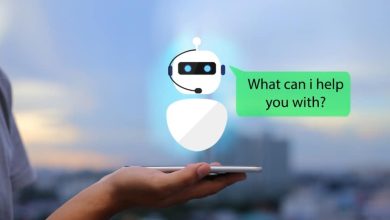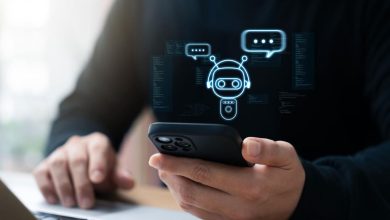AI Boosts Daily Efficiency
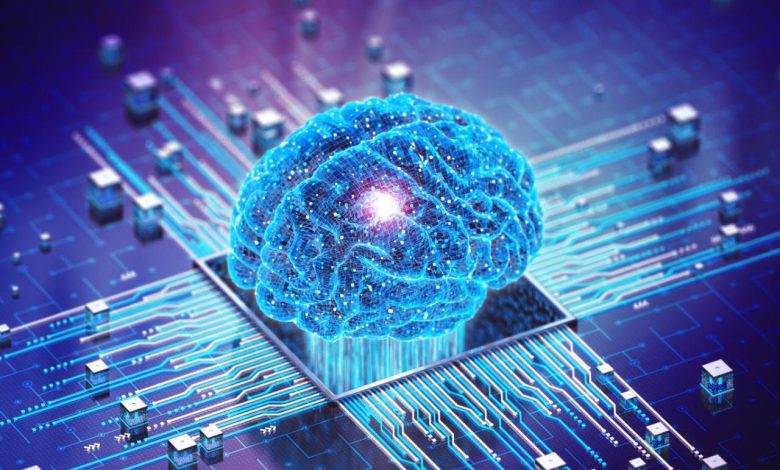
In the dynamic and increasingly competitive landscape of the 21st century, the quest for enhanced efficiency is paramount. Every individual, from the bustling professional navigating complex projects to the diligent student juggling assignments and deadlines, is constantly seeking ways to optimize their time, minimize effort, and maximize output. Traditionally, this pursuit involved meticulous planning, stringent self-discipline, and the careful application of various productivity methodologies. However, a new, transformative force has emerged, fundamentally reshaping our understanding of efficiency: Artificial Intelligence (AI).
Far from being a futuristic concept confined to science fiction, AI has seamlessly integrated itself into the fabric of our daily lives, often operating subtly in the background, yet delivering profound impacts. This article delves into the groundbreaking ways AI is not just incrementally improving, but dramatically boosting daily efficiency across a myriad of tasks, roles, and industries. We will explore how intelligent algorithms, machine learning models, and advanced automation are liberating us from repetitive chores, sharpening our focus, providing personalized insights, and ultimately empowering us to achieve more with unprecedented ease and precision.
This comprehensive guide will unravel the core mechanisms through which AI enhances efficiency, detail specific applications in professional and personal contexts, offer practical strategies for integrating AI tools into your workflow, and illuminate the broader implications for the future of work and life. By the end of this article, you will possess a profound understanding of how to harness the power of AI to transform your daily routines into highly optimized engines of productivity, creativity, and strategic accomplishment.
How AI Enhances Efficiency
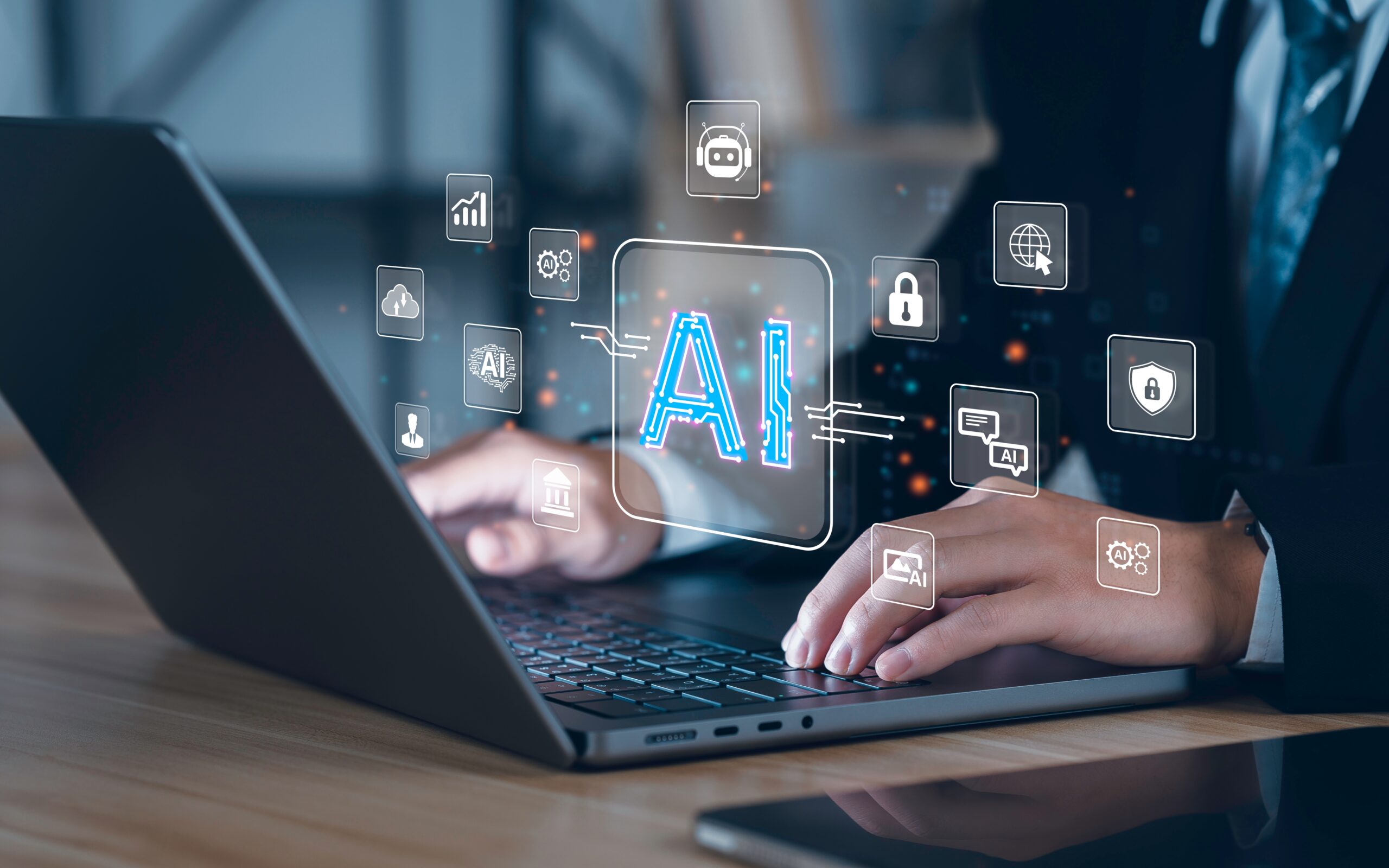
At its heart, AI boosts efficiency by leveraging its unique capabilities to process information, learn from data, and automate actions in ways that humans cannot replicate at scale or speed.
A. Automation of Repetitive Tasks
One of AI’s most significant contributions to efficiency is its unparalleled ability to automate mundane, repetitive, and rule-based tasks.
- A. Robotic Process Automation (RPA): AI-driven RPA bots can mimic human actions on a computer, handling tasks like data entry, form processing, invoice generation, and report compilation, freeing up human workers for more strategic initiatives.
- B. Email Management: AI-powered smart inboxes can automatically filter spam, categorize emails, suggest responses, and even prioritize messages based on sender and content, dramatically reducing time spent on inbox triage.
- C. Scheduling and Calendar Management: AI assistants can analyze your preferences and availability to intelligently schedule meetings, send invites, and manage conflicts, all with minimal human intervention.
B. Personalized Insights and Recommendations
AI’s capacity to analyze vast datasets allows it to provide tailored insights that help us make better decisions and optimize our actions.
- A. Predictive Analytics: AI can predict future trends, customer behavior, or potential bottlenecks in a project, allowing for proactive adjustments and preventing inefficiencies before they occur.
- B. Content Curation: AI algorithms personalize content feeds (news, social media, learning platforms) to show you what’s most relevant, reducing time spent sifting through irrelevant information.
- C. Resource Optimization: In fields like logistics or manufacturing, AI can optimize routes, production schedules, and inventory levels, ensuring resources are used with maximum efficiency.
C. Enhanced Decision-Making
By processing and synthesizing complex information faster and more accurately than humans, AI empowers quicker and more informed decisions.
- A. Data Analysis: AI tools can crunch vast amounts of data, identify patterns, and present actionable insights in digestible formats, helping leaders make data-driven decisions swiftly.
- B. Risk Assessment: AI models can assess risks in financial investments, project management, or security systems with high precision, guiding safer and more efficient choices.
- C. Diagnostic Support: In healthcare, AI assists doctors in diagnosing diseases more rapidly and accurately, leading to more efficient treatment plans.
D. Improved Communication and Collaboration
AI facilitates smoother and more efficient interactions, especially in team environments.
- A. Smart Communication Tools: AI can transcribe meetings, summarize long conversations, translate languages in real-time, and suggest grammatical improvements, making communication clearer and faster.
- B. Collaboration Platforms: AI features in project management tools can highlight critical updates, suggest next steps, and even identify team members best suited for specific tasks.
- C. Customer Service Bots: AI-powered chatbots handle routine customer queries instantly, freeing human agents to focus on more complex issues, thereby enhancing overall service efficiency.
Boosting Efficiency Across Domains
The application of AI for daily efficiency spans virtually every aspect of our professional and personal lives.
A. Workplace Productivity
AI is transforming the modern office, from individual tasks to team dynamics.
- A. Writing Assistants: Tools like Grammarly (AI-powered grammar and style checker) or AI content generators (e.g., GPT-4) can significantly speed up writing, editing, and content creation, improving quality and consistency.
- B. Virtual Assistants: Siri, Google Assistant, and Alexa are moving beyond simple queries, assisting with scheduling, setting reminders, managing smart home devices, and performing quick web searches, saving valuable time.
- C. Meeting Management: AI-powered tools can automatically transcribe meeting notes, identify action items, and even create follow-up tasks, ensuring that meeting time is productive and decisions are documented.
- D. Data Management: AI can automatically categorize, tag, and organize files in cloud storage, making information retrieval instantaneous and reducing digital clutter.
- E. Personalized Learning and Development: AI platforms tailor learning paths based on individual progress and gaps, making professional development more efficient and targeted.
B. Personal Life and Home Management
AI extends its efficiency-boosting capabilities into our personal domains.
- A. Smart Home Devices: AI-driven thermostats optimize energy consumption, smart lighting adjusts based on presence and time of day, and robotic vacuum cleaners handle chores, all contributing to a more efficient household.
- B. Financial Management: AI-powered budgeting apps analyze spending patterns, categorize transactions, and offer personalized savings advice, helping individuals manage their finances more efficiently.
- C. Health and Wellness: Wearable devices use AI to track fitness, monitor sleep patterns, and provide personalized health insights, empowering more efficient self-care.
- D. Personalized Shopping: AI algorithms analyze your preferences to recommend products, streamline online shopping experiences, and even manage grocery lists, saving time and mental effort.
C. Creative and Innovative Fields
AI is not just for repetitive tasks; it’s also fueling efficiency in creative processes.
- A. Graphic Design: AI tools can generate design variations, suggest color palettes, and even automate logo creation, speeding up the initial stages of design.
- B. Music Composition: AI can assist musicians by generating melodies, harmonies, or even entire tracks, allowing artists to rapidly prototype ideas.
- C. Software Development: AI-powered coding assistants can suggest code snippets, identify errors, and even generate entire functions, dramatically increasing developer efficiency.
Integrating AI for Maximum Daily Efficiency
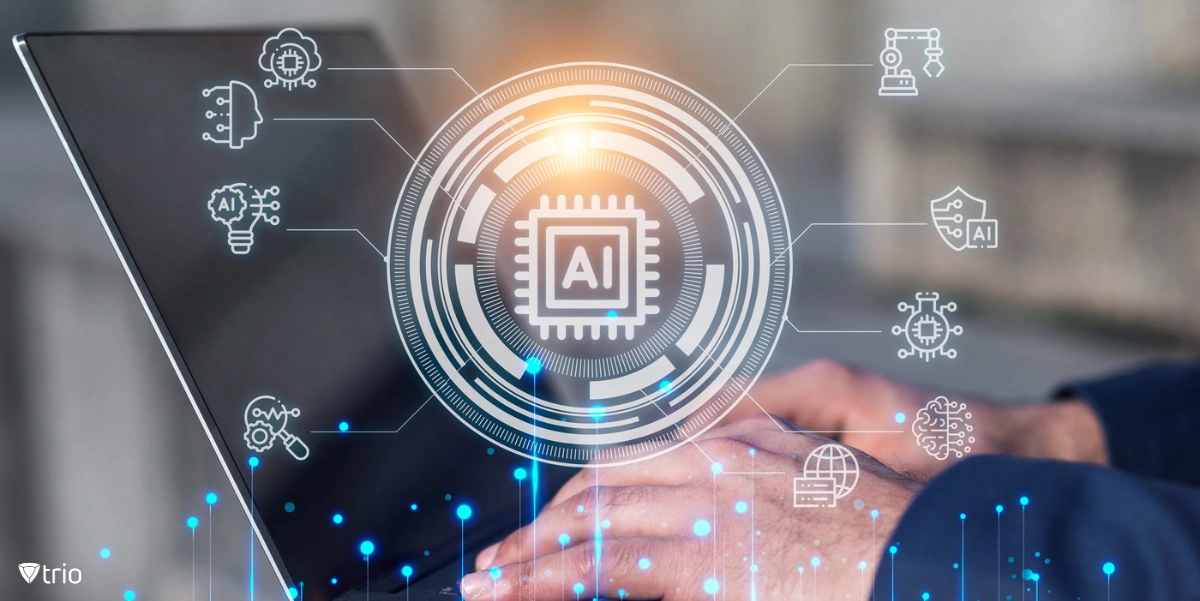
To truly harness AI’s power, strategic integration and a conscious approach are crucial.
A. Start Small and Identify Pain Points
Don’t try to integrate every AI tool at once. Begin by identifying one or two significant daily inefficiencies or repetitive tasks that consume a lot of your time. Then, seek out an AI solution specifically designed to address those pain points.
B. Focus on Augmentation, Not Replacement
View AI as a co-pilot or an assistant, not a complete replacement. AI excels at processing data and automating rules, while humans bring creativity, critical thinking, emotional intelligence, and complex problem-solving. Use AI to augment your abilities, making you more effective, not redundant.
C. Data Privacy and Security Awareness
When using AI tools, especially those that process personal or sensitive information, be acutely aware of their data privacy policies and security measures. Choose reputable providers and understand how your data is being used.
D. Continuous Learning and Adaptation
AI technology is constantly evolving. Stay informed about new AI tools and features relevant to your work and life. Be open to adapting your workflows as AI capabilities advance.
E. Integrate Tools for a Seamless Workflow
Whenever possible, choose AI tools that integrate well with your existing software ecosystem (e.g., your calendar, task manager, communication platforms). Seamless integration reduces friction and maximizes efficiency gains.
F. Set Clear Boundaries and Intentional Use
While AI can boost efficiency, it can also create new forms of distraction if not managed. For example, relying too heavily on AI-generated content without human review can lead to errors. Set clear boundaries for when and how you use AI to ensure it serves your goals, rather than controlling them.
G. Measure and Iterate
After implementing an AI tool, track its impact on your efficiency. Is it saving you time? Is it reducing errors? Is it improving the quality of your output? Use these metrics to evaluate its effectiveness and iterate on your approach.
Conclusion
The era of Artificial Intelligence is not a distant future; it is our present reality, and its most profound impact is being felt in the quiet, yet transformative, enhancement of our daily efficiency. AI is no longer just a marvel of technological advancement; it has become an indispensable partner in navigating the complexities of modern life, empowering us to achieve more with unprecedented ease, precision, and focus. From automating the mundane to personalizing insights, and from accelerating decision-making to fostering seamless communication, AI is fundamentally redefining what it means to be productive.
By strategically embracing AI, we liberate ourselves from the shackles of repetitive tasks and cognitive overload. We gain invaluable time and mental energy, which can then be redirected towards higher-order activities—creative problem-solving, strategic thinking, meaningful human interaction, and personal growth. This is not about delegating our intellect, but about augmenting it, allowing AI to handle the computational heavy lifting so that our uniquely human capacities for innovation and empathy can truly flourish. The integration of AI into our daily routines, when approached with intentionality and awareness, transforms our individual workflows into highly optimized, intelligent systems.
The journey to harness AI for daily efficiency is continuous, demanding an open mind, a commitment to learning, and a keen awareness of both its immense power and its ethical implications. However, the rewards are immeasurable: a significant reduction in stress, a pervasive sense of control over our schedules, and a dramatically increased capacity to achieve our aspirations. As AI continues to evolve, those who understand how to integrate it intelligently will not merely keep pace with the future; they will actively shape it, unlocking new frontiers of productivity and enabling a life where efficiency becomes the effortless backdrop to extraordinary accomplishment.
